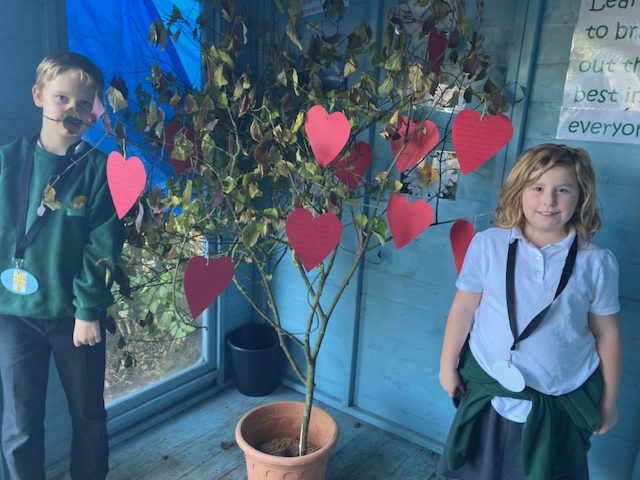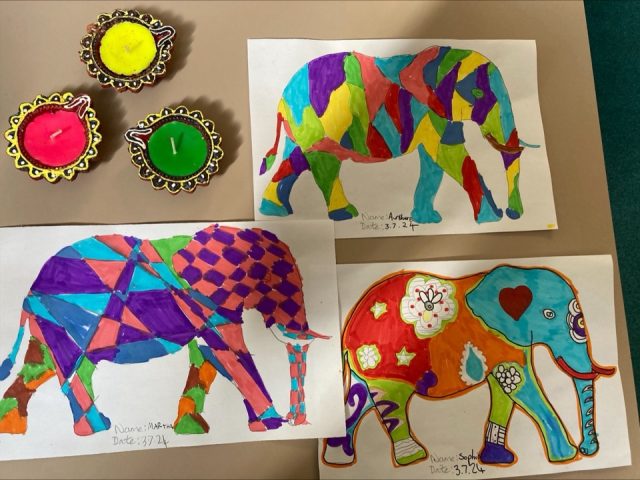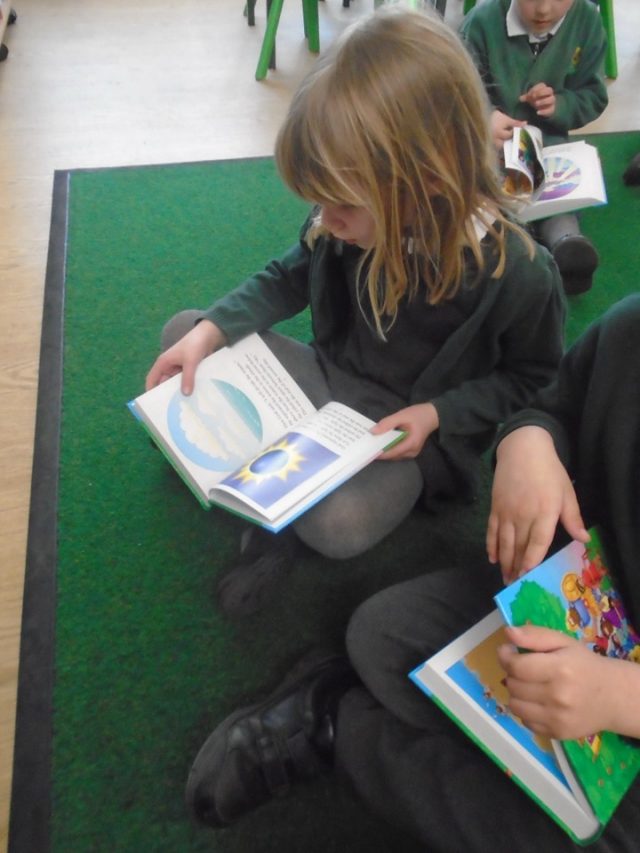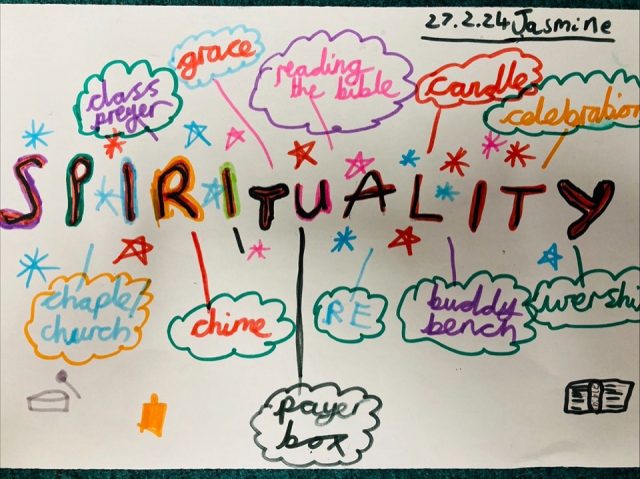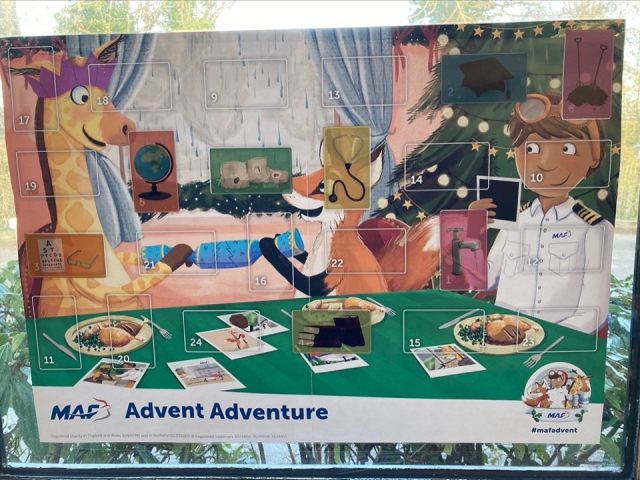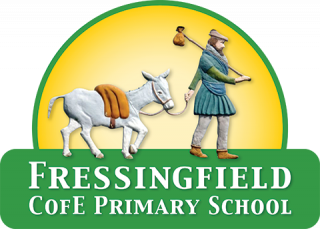Intent
“Learning to bring out the best in everyone”
Jesus said ‘I have come that you may have life in all its fullness’ (John 10:10). He calls us to a full life in mind, body, heart and spirit. Consequently, our vision is ‘learning to bring out the best in everyone’ – our children, our staff and the members of our whole-school community – through ‘living life in all its fullness.’ Our aim is to develop happy, healthy, confident, responsible and respectful children who delight in learning and to enable each child reach his or her full, God-given potential.
RE promotes open-mindedness and tolerance, as well as an understanding of ourselves and other people. We aim to engage children’s appreciation and understanding of the beliefs and practices of people everywhere, from our local community to those in the wider, global community. We are aware there are many types of religion and world views throughout the world, and strive to reflect the diversity and nuance of these in our teaching and learning.
Implementation
To teach RE, we use the Emmanuel Scheme of Work in all classes, including Reception and Nursery. This is detailed and comprehensive, giving teachers clear breadth and depth, which children build on year by year. RE is generally blocked, and taught at the beginning or end of term or on special feast days. As a Christian school, the majority of our blocks are Christian, but we also include blocks on other faiths, including Judaism, Islam and Humanism.
We recognise that we live in an increasingly pluralistic society. Our scheme of work reflects this. Entitled ‘Where do I stand?’, it encourages children to develop religious literacy through an enquiry-based approach. We work within a three-stranded approach, using the disciplines of Theology, Philosophy and Human/Social Sciences. This approach reflects the diversity of religion and secular beliefs and values. It engages with big questions, and encourages children to be open-minded, as well as more self-aware.
We may have visitors, including the local clergy, and also the Open The Book team. We may ask visitors to help us teach blocks, to enhance children’s understanding. We also ensure RE lessons are fun and exciting and meet the needs of all learners. This may include cooking, creative activities, role-play and outdoor learning. We sometimes plan in whole-school days, organised and delivered by outside organisations, eg a Pilgrim Day. We assess children’s progress on each block using our school ‘learning objectives and success criteria’; we also ask the children to self-assess their work on their ‘success criteria. In EYFS, all the Emmanuel units are linked to learning over the school year. We use Tapestry to help us assess children’s learning. We also carry out learning walks, book scrutinies and pupil perception questionnaires as part of our RE assessment.
We understand that all children are entitled to a quality RE curriculum, and work hard to make RE in Fressingfield accessible to all children. We may adapt learning to make it more suitable for some children, so that everybody is able to enjoy interesting and engaging lessons. We also organise an annual RE trip, which is open to children in Key Stages 1 and 2. These have included visits to a mosque, a cathedral, a Sikh gurdwara and an orthodox church. On returning, we spend time showing and telling other children what we have learned, so all children can benefit.
Impact
By the end of each key stage, we expect pupils to know, understand and apply skills related to learning about religion and belief, and learning from religion and belief. Children extend their knowledge and understanding of religions and world views, recognising their local, national and global contexts. They become encouraged to be curious and ask increasingly challenging questions regarding religion, faith, values and human life. Children learn to express their own ideas in response to the material they engage with, and able to give their own coherent reasons to support their ideas and views. Through their RE learning, children are given the opportunity to wonder about the world, explore connections and reflect on life in the world today.
Here’s why we think our RE scheme of work is so good!
As a church school, we teach more Christianity units in RE than other schools. However, we do also teach the other world religions. We use the Emmanuel project. Below are the Concepts and Progression of all the religions we teach, including Christianity. Also shown are the End of Phase Outcomes.
